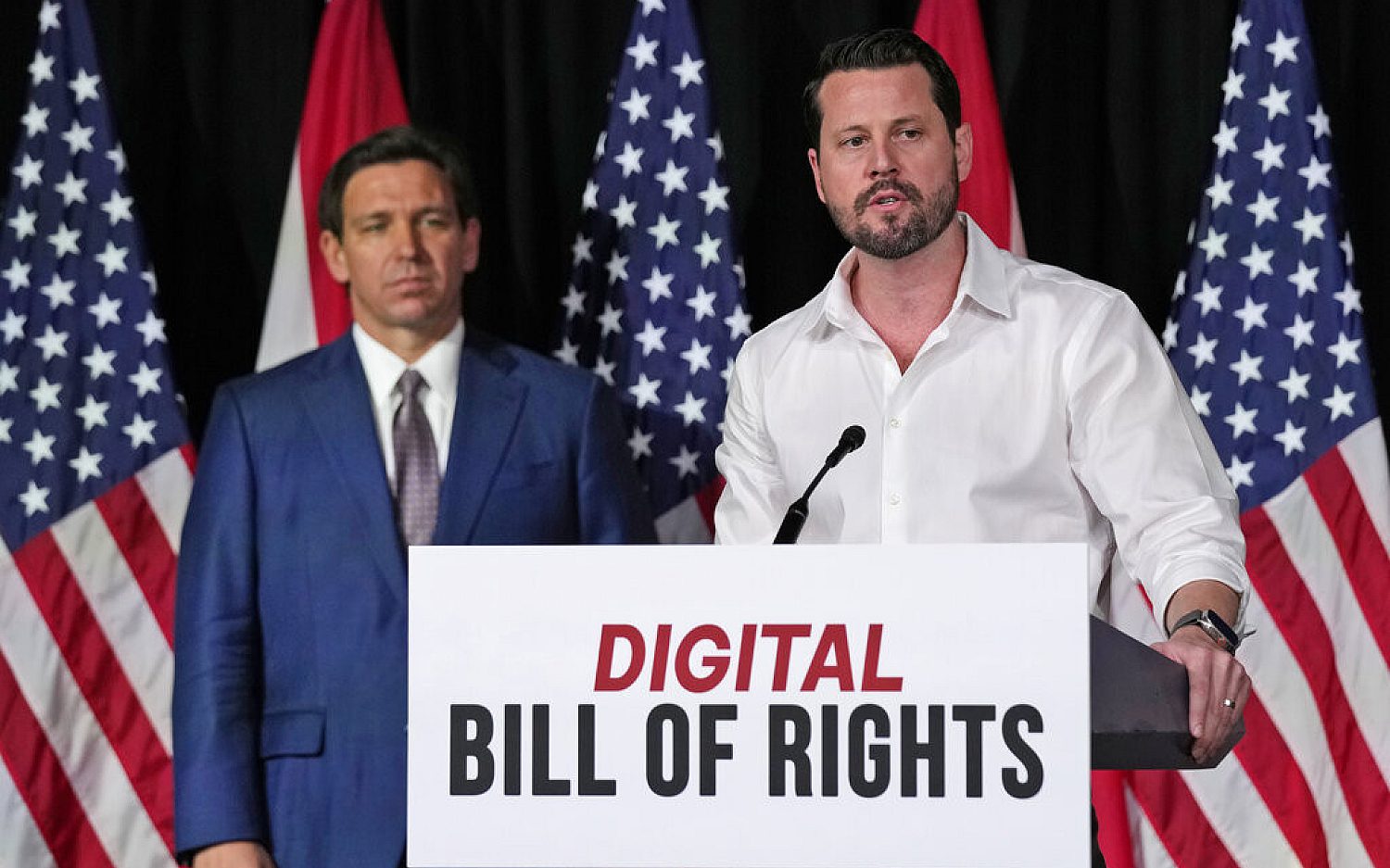Are school suspensions too harsh and over-used?
Breaking the dress code, doodling on the desk, arriving late to class—these may be against school rules, but do they merit kicking students out of class? In January, the U.S. Department of Education released guidelines on school discipline amidst a nationwide push to decrease student suspensions.
“Too many schools resort too quickly to exclusionary discipline, even for minor misbehaviors,” said Arne Duncan, U.S. secretary of education, in his speech accompanying the January school guidance package. He cited “being disruptive, acting disrespectfully, tardiness, profanity, and dress code violations” as some of the nonviolent behavior that too often results in excluding students from the classroom.
As a new school year starts, some districts are adopting recommendations to cut down on suspensions, even as teachers oppose the practice and superintendents say they are an useful tool for maintaining order and discipline in the classroom.
A 2011 study tracked nearly 1 million Texas public school students from seventh grade to graduation. Released by the Council of State Governments Justice Center and Public Policy Research Institute of Texas A&M University, it showed Texas schools suspended or expelled 60 percent of students at some point in middle and high school.
Suspension is “hurting those who need the most help,” according to an Education Week blog by Marian Wright Edelman, president of Children’s Defense Fund (CDF), and Daniel A. Domenech, executive director of the School Superintendents Association (AASA). “In 2014, out-of-school suspensions are an outdated practice, and too often suspended students are the students most in need of extra support,” they wrote.
In July, the AASA and CDF released a survey of 500 school superintendents that sheds light on the motive for school suspensions. Only 12 percent said the primary reason for out-of-school suspension “is to change student behavior.” The main reason, 42 percent said, is “maintaining safety and order in the school building.” Another 20 percent said suspensions were used to remove students who are “disruptive to the learning of others.” The survey also reports three-quarters of superintendents think teachers will oppose limiting out-of-school suspensions.
Dan Magill, a Seattle high school teacher with more than 10 years experience, expressed his opposition in a 2013 Seattle Times op-ed. He described a student who argued, swore at the teachers, threw things at other students, and didn’t care to learn. “How much opportunity do we owe students like him, at the expense of the other 25?” he asked.
Another 20 percent of surveyed superintendents said the main reason for suspension is to provide consequences that let students, parents, and teachers know “the school is taking an issue seriously.” In recent years, many schools adopted “zero tolerance” policies over weapons, alcohol, drugs, violence, and tobacco. Zero Tolerance, Zero Evidence, an analysis from the Indiana Education Policy Center, concludes zero tolerance intends to send “a message that certain behaviors will not be tolerated, by punishing all offenses severely, no matter how minor.”
The federal resource guide released in January cites the 1994 Gun-Free Schools Act, with its mandatory yearlong expulsion for bringing a firearm to school, as an example of acceptable expulsion. But it cautions against more widespread zero tolerance policies that result in automatic removal for less serious offenses.
Houston Independent School District has removed the zero tolerance policy from its 2014-2015 code of conduct “to promote resolution of student discipline issues at the lowest appropriate level.”
Luis Gavito, administrator of student discipline in the district, described some of the initiatives that can help curtail suspension. One, called “check in check out,” involves assigning children mentors who regularly check up on students and try to catch issues before they escalate to a behavior resulting in suspension.
Gavito said sometimes suspension is necessary, but “any kind of removal is not a good thing.”
An actual newsletter worth subscribing to instead of just a collection of links. —Adam
Sign up to receive The Sift email newsletter each weekday morning for the latest headlines from WORLD’s breaking news team.




Please wait while we load the latest comments...
Comments
Please register, subscribe, or log in to comment on this article.